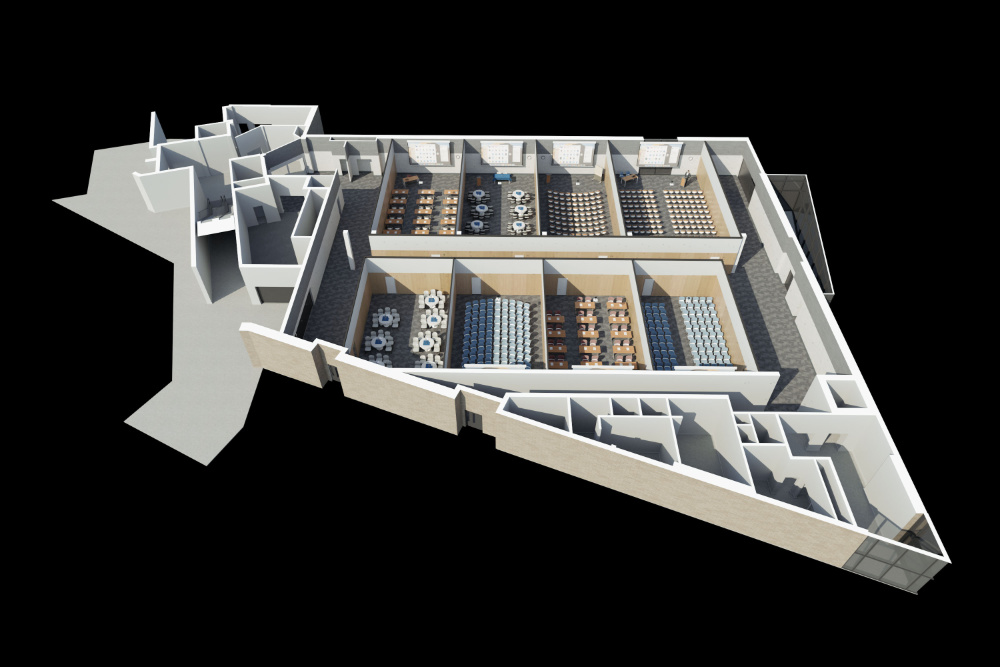Self-employment is an aspiration for many in trade work, representing freedom, independence and the opportunity to grow your skills and earnings at your own pace. Indeed, there are more self-employed than ever before, with 15% of the UK’s workforce being freelancers. Still, there are some challenges to setting up as a freelancer in a trade. What should you consider before starting your new vocation?
Legality
Firstly, you should devote some time and attention to the legal institution of your trade. As a self-employed tradesman, the legal steps to trading are minimal; you simply need to register yourself as a sole trader with HMRC.
Sole trading means that all of your business’ profits are treated as personal income. As such, all of your profits are subject to Income Tax and National Insurance contributions – though you can also claim your business expenses back to reduce this obligation.
Insurance
Next, you may want to consider signing up for a business insurance plan. This is not a compulsory step to becoming a freelance tradesman, but it can be a useful provision for your craft in the long term. As such, many tradesmen choose to have insurance as a business expense.
Depending on the insurance plan you agree to, tradesman’s insurance can protect you from a number of things. It will often include public liability insurance, which protects you from any legal costs incurred by a third party getting injured in relation to your trade. You can also cover your tools and equipment, ensuring theft or breakdowns do not cripple your business.
Equipment
Speaking of equipment, any good tradesman worth their salt has a trove of equipment and suitable workwear to carry out their work. There may be a temptation to buy the smaller tools, and rent larger ones until you are a little more established, but buying tools outright at the start of your career ensures you never have to turn down a last-minute or rush job.
Alongside the right equipment, you will also need to invest in high-quality workwear to ensure your safety on the job. Personal protective equipment may not be a legal requirement for you to provide yourself as a sole trader, but it can mean the difference between a finished job and a three months recovery from an injury.
The Market
With your business administration and equipment sorted, you can begin to think about taking on clients. Trade work is typically best found through word-of-mouth, as local communities will share information about the best contractors and freelancers for specific jobs. By offering discounted work to key members of a neighbourhood, you can create organic channels for growth.
It is nonetheless important to create a robust online presence for your business, in order to bring in new clients. By creating a Google Business profile, you can input details on a digital business card of sorts – enabling customers to find you by regional search.






